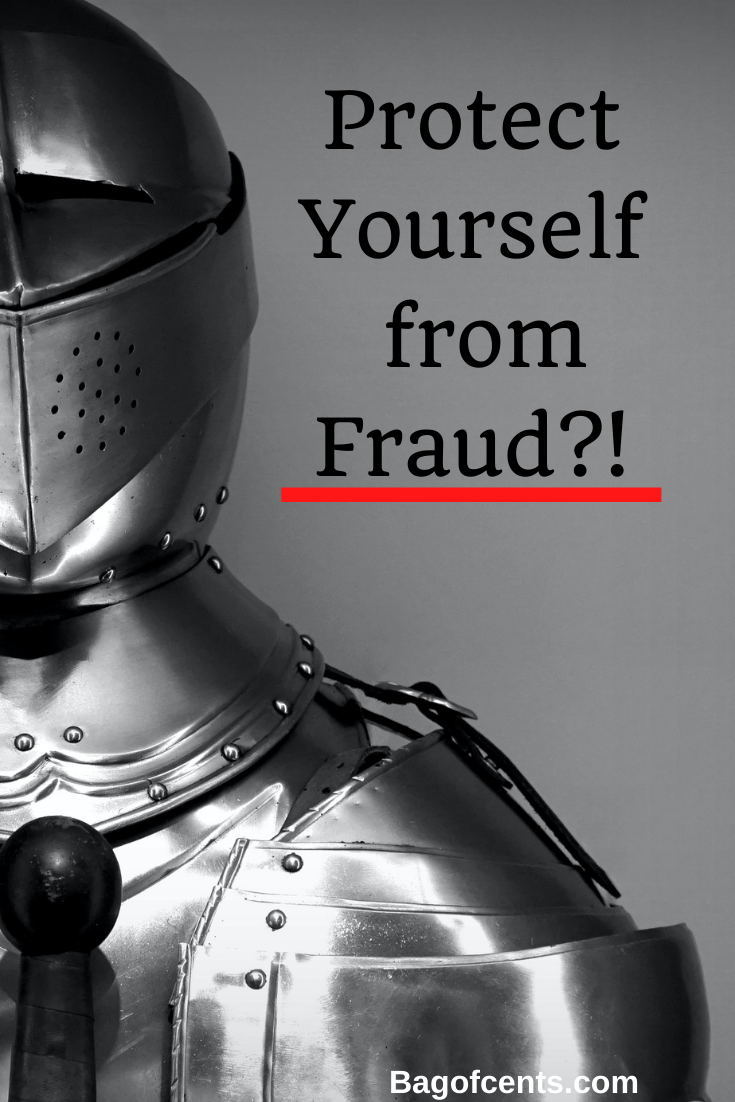
If you have been subjected to fraud, your first instinct may be to panic. You may feel like you have lost everything and that there is no way to get your money back. This is not true! You can take steps to protect yourself and increase your chances of getting your money back. This blog post will discuss what to do if you were scammed and provide links to helpful resources.
First, Report the Scam

It’s essential to report the scam as soon as possible. This helps law enforcement track down the scammers and stop them from doing it to other people. In addition, you can report a scam to the Federal Trade Commission . The FTC is responsible for protecting consumers from unfair or deceptive business practices, including scams.
- You should also reach out to a criminal defense attorney. They might be able to help you get your money back if you lost any funds as a result of the scam. Suppose you gave away personal information like your Social Security number, date of birth, or credit card number. In that case, you should contact one of the major credit reporting agencies — Experian, Equifax, and TransUnion. Ask them to place a fraud alert on your credit report. This will make it more difficult for someone to open new accounts in your name.
- Immediately close any accounts that have been tampered with or opened fraudulently. Review your credit reports to ensure no additional fraudulent charges have been opened in your name and dispute any errors. Also, consider placing a fraud alert on your credit reports, which will make it harder for someone to open new accounts in your name.
- File a Police Report – Collect as much information about the scam as possible, including the names used by the scammers, how you were contacted, what was said, and any other details that might be helpful. This will be important not only for your records but also for filing a police report. Be sure to get a copy of the police report to give to your creditors and others who may require proof of the crime.
- Contact Your Creditors – Call your credit card companies and other creditors as soon as you realize that you have been a victim of fraud. Many will require you to file a police report before they take any action. If a new account has been opened in your name, ask the creditor to close it and send you confirmation that it has been completed. Also, request that they remove any unauthorized charges from your account and send you an updated statement. In some cases, your losses may be covered by fraudulent insurance charges.

Finally, check if you’re eligible for reimbursement through any of the following programs:
- The National Consumer League’s Fraud Center offers a reimbursement program for victims of certain types of fraud.
- The Federal Trade Commission’s (FTC) Money Back Guarantee Program helps consumers get their money back after they’ve been scammed.
- Experian, one of the largest credit reporting agencies in the US, offers a free service that helps you dispute fraudulent charges on your credit report.
Keep track of any expenses you incur due to the scam, such as attorney fees or postage costs. You may be able to get reimbursed for these costs if you take legal action against the scammers.
Check for Signs of Fraud

The first step in protecting yourself from fraud is to be on the lookout for signs that something might not be quite right. Here are some warning signs that you might be dealing with a scam:
- You’re being asked to pay upfront for something before you get it. This is especially true if you’re asked to wire money or send a check.
- You’re being pressured to make a decision right away without having time to think about it or do your research.
- The deal seems too good to be true. If something sounds too good to be true, it probably is.
- You don’t have all the information you need to make an informed decision. A reputable company will give you all the information you need to make an informed decision.
- The person or company you’re dealing with asks for personal information like your Social Security number or bank account number. Don’t give out this information unless you know and trust the person or company.
- You’re not sure who to contact if something goes wrong. A reputable company will have a customer service line to call if something goes wrong.
Thus, in conclusion, if you think you were scammed, don’t hesitate to take action by reaching out to a criminal defense attorney who can help you figure out what to do next and protect your rights.

Be safe out there.
Stanley
Popular posts on Bag of Cents:
Leave a Reply